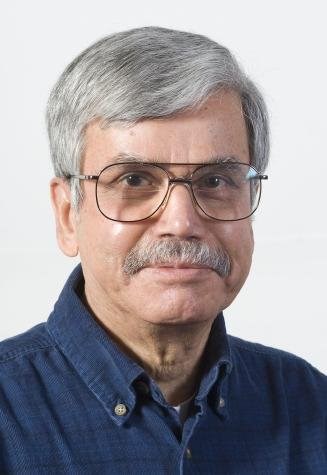Last Saturday, I declared Spiritual Disability as one of the biggest, if not the biggest, challenge facing mankind today. Its causes, from the Hindu perspective, are the taamasik or dark qualities of man. And the cure for Spiritual Disability is Dharma. So simple. Or, is it?
That is like saying that cancer is caused by genetic mutations of cell DNA, and the cure is to prevent genetic mutations of cell DNA from occurring in the first place, and destroying malignant cells as they occur and manifest themselves. Seemingly so simple. But after decades of research, we are finding out that cancer is far more complex than we thought, and we do not have a magic bullet to rid humanity of this devastating affliction.
What is dharma?�� Dharma is very difficult to define – it consists of a long list of virtues – and the list is not that difficult to find. But dharma is much more than just a set of virtues.
Dharma is described in many ways in Hindu scriptures, and taught by spiritual leaders in many different ways. It is a way of life that combines righteousness along with good conduct, benevolent thought, action without expectation of outcome, moral and ethical behaviour, conscience without ego, and spiritual discipline.
Dharma in essence, is the very fabric that holds the universe together and guides the entire cosmic creation.
So, now we can see why dharma is so difficult to incorporate in our ordinary lives. On top of that, there are the powerful forces of taamasik or dark qualities that pull us towards spiritual disability (or adharma, which is absence of dharma).
That is why Hindu scriptures go to great lengths to describe ways in which one can bring dharma into our lives. Knowing that humans have vastly varying levels of capabilities and comprehension, Hindu scriptures present the knowledge in varying forms, from the most simplistic to the most sophisticated philosophical discourses. Let me give a sampling here.
For instance, there is a set of duties described for an individual. These are defined for each different phase of a person’s life journey: childhood, adolescence, young adult, mature adult, and elder. The duties described are appropriate for the age, gender, status and capability of the individual. Hinduism describes one’s duties as an individual, as part of the family, as part of society, as part of all societies across earth, as part of the universe.
Another example: Hindu philosophy tells us that while it is wonderful to love family and friends, we should strive to broaden it to include everyone across the globe; otherwise, love is like a shackle that imprisons us in narrow-mindedness.
The best way to incorporate dharma teachings in our lives is to have incentives for following dharma, along with disincentives for giving in to taamasik forces. For example, we were taught from a very young age that giving alms to the poor pleases God and we will be rewarded in our lives. When I was a kid, my family used to give me two coins on Saturdays – one to donate to the temple, and the other to give to a beggar on the street.
Let us remember,Faith and Hope are absolutely crucial in keeping us focused on dharma – away from the strong pull towards “darkness”, in overcoming even Sisyphean obstacles, and in getting past even deep disappointments along the way.
Philosopher Radhakrishnan said: “Man is much more than the custodian of culture or protector of his country or producer of its wealth. His spiritual manhood is left wanting if he gains the whole world but loses his own soul.”
 Suresh Basrur practises the Hindu faith, participates in inter-faith activities in Victoria, and speaks to audiences about Hindu religion, philosophy and practices.
Suresh Basrur practises the Hindu faith, participates in inter-faith activities in Victoria, and speaks to audiences about Hindu religion, philosophy and practices.
You can read more articles from our interfaith blog, Spiritually Speaking,


